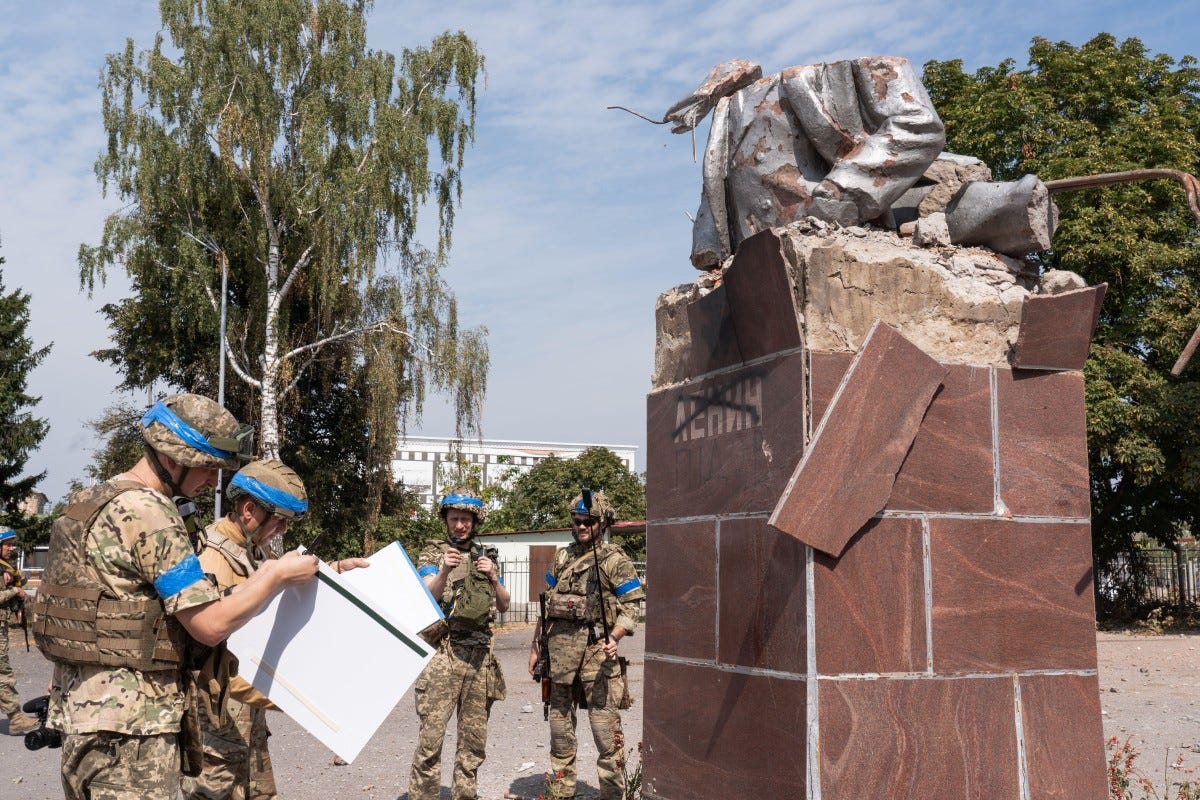Why the Battle of Kursk is so consequential
Ukraine's bold summer incursion into Russia had three aims. All of them are under threat.

The Battle of Kursk 2024 does not match the scale of the famous 1943 event of the same name in the Second World War and there are few similarities. Except for one: this is a battle creating a narrative for victory or defeat.
Following Nazi Germany’s devastating defeat at Stalingrad, Hitler feared his allies were beginning to question their support for Germany. To seize the initiative from the Russians, and galvanise his supporters, he launched the Battle of Kursk – and lost. It was a major turning point in the war, the start of a long retreat westwards, and of the narrative of eventual defeat.
The 2024 battle is between Ukrainian forces who are inside Russia based on self-defence, and the Russian military which this time is the aggressor. The Ukrainian incursion in August this year had three aims: divert Russian forces from the frontlines in the Donbass, seize territory to be used as a bargaining chip when negotiations start, and create the narrative of victory. All three are under threat.


